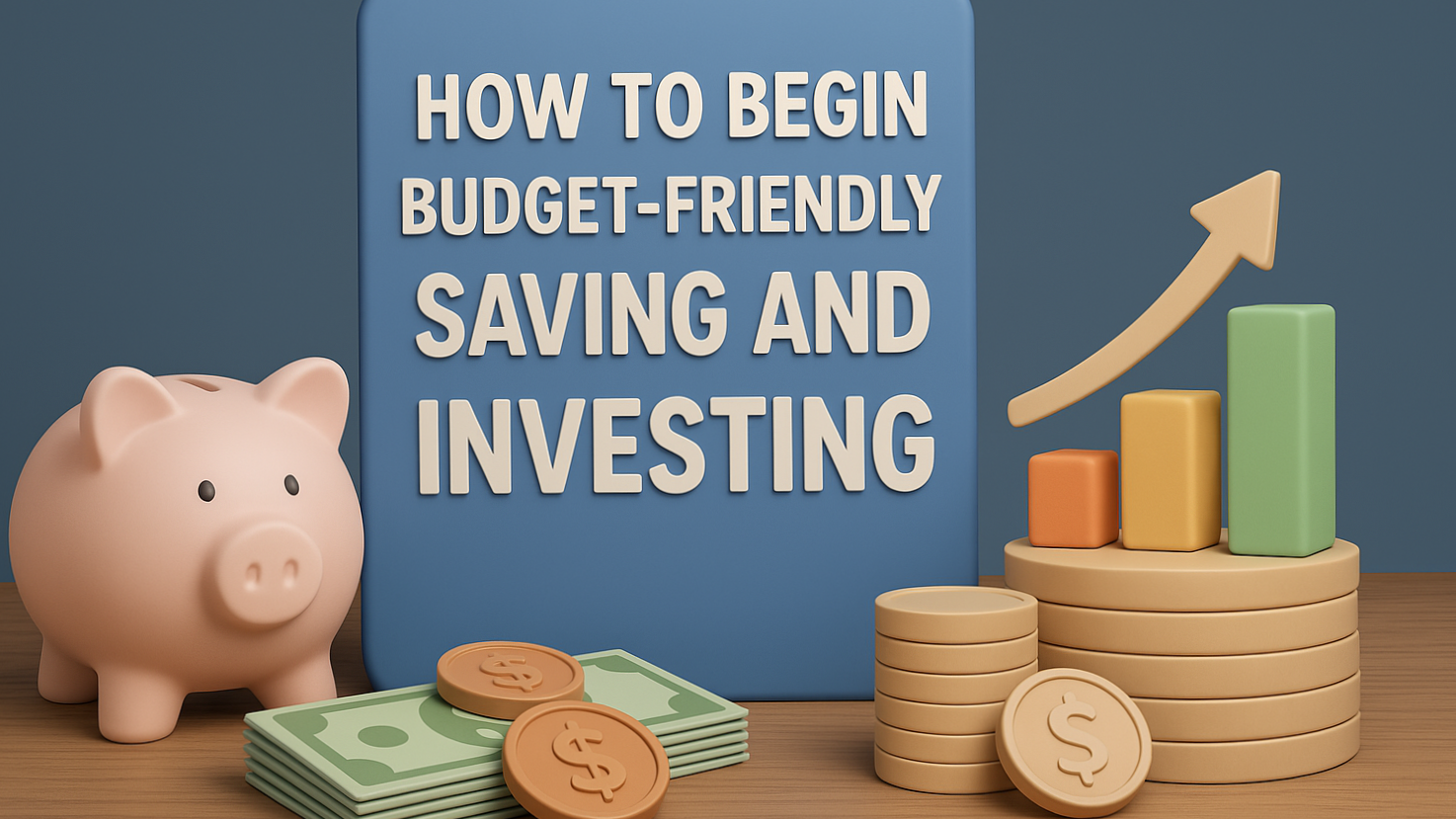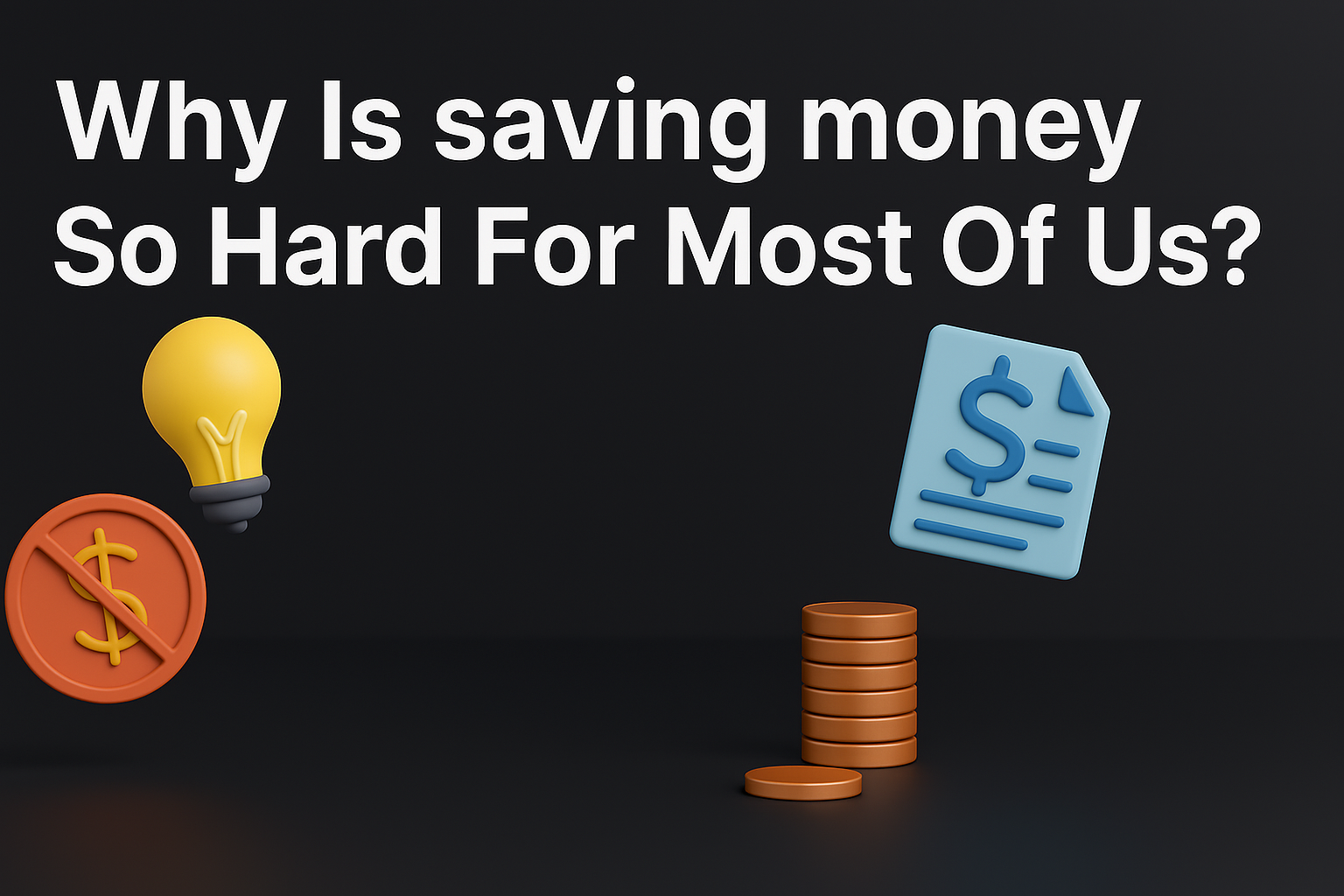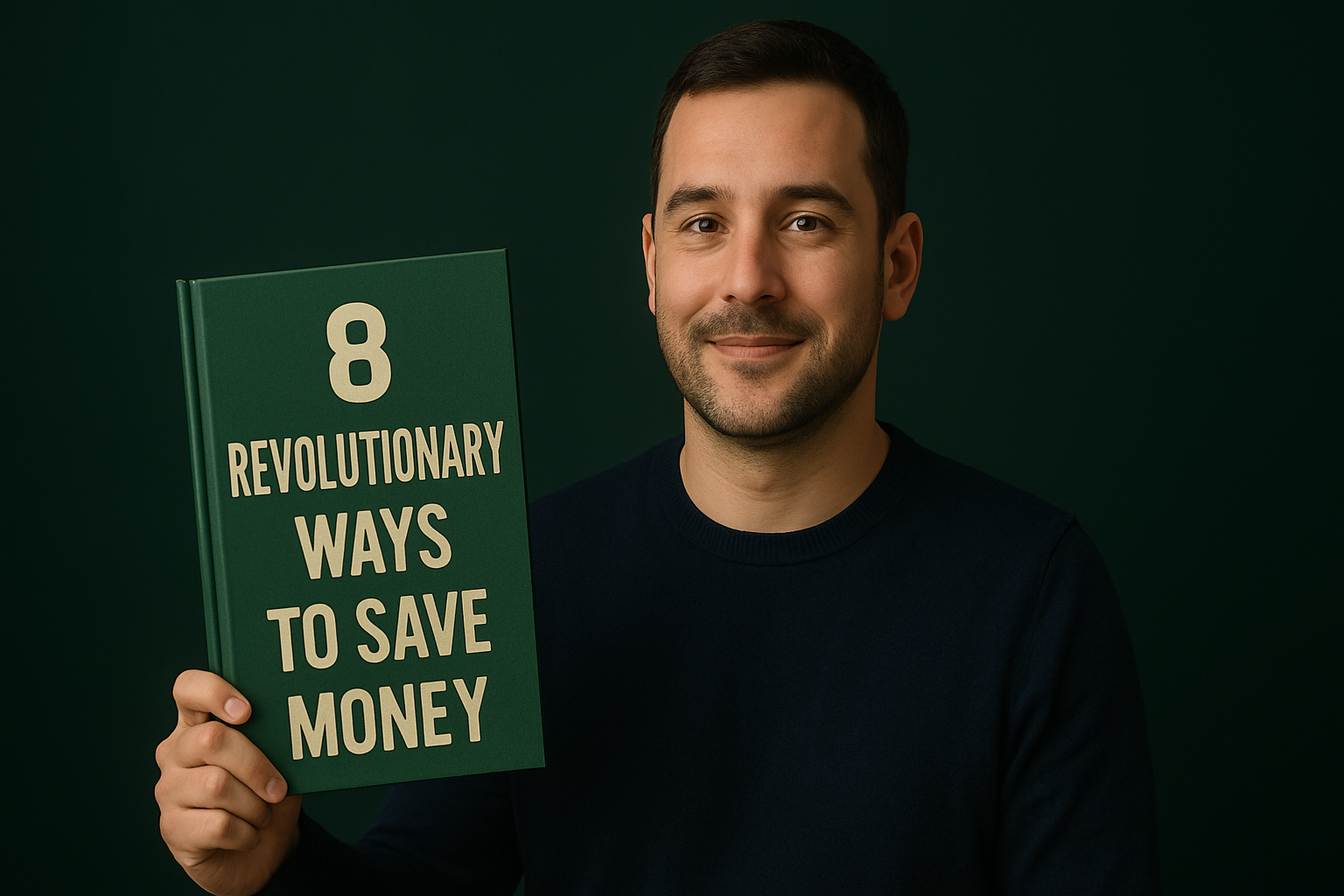Imagine a market where people like you can increase their money rapidly, businesses come and go, and fortunes are made. This is the stock market, the lifeblood of the American financial system, not a scene from a high-stakes thriller. The stock market affects everything, whether you realise it or not, from the stability of your retirement fund to the cost of your morning coffee. However, what is it exactly? Fundamentally, the stock market is a huge network where investors wager on the future success of businesses by purchasing and selling small portions of them.
Some view it as a casino, while others consider it a tool for accumulating riches. The reality? Depending on how you play the game, it's both. We'll cut through the Wall Street lingo in this book and show you the stock market for what it is: a tool. It is a tool that can transform $100 into $1,000, $10,000, or more if mastered. However, it can also backfire if used improperly, just like any other strong tool. So fasten your seatbelts because we are going to go deeply into the world of stocks and reveal secrets that most novices never discover. By the conclusion, you'll know how the market functions and how to use it to your financial advantage.
First Chapter: An Overview of the Stock Market—No MBA Required.
A frantic swirl of figures, flashing screens, and anxious traders shouting into phones is how the stock market is frequently depicted. However, underneath all of the controversy is a straightforward idea: it's a marketplace for ownership. Purchasing stock is like buying a tiny piece of a business. Your share gains value if that business prospers. Should it falter, your investment can decrease. Comparable to owning a single brick in a skyscraper, the value of your brick increases if the building becomes taller.
However, who determines these costs? Demand and supply. The price of Apple stock will rise if millions of investors think the company's upcoming iPhone will be innovative. It is this ongoing struggle between buyers and sellers that causes minute-by-minute fluctuations in stock prices. Trillions of dollars are traded every day on the two largest stock exchanges in the United States, the New York Stock Exchange (NYSE) and the Nasdaq. An example from real life: When the COVID-19 epidemic struck in 2020, everyone was working from home, which caused stocks like Zoom (the video-calling app) to soar. As the travel demand declined, airlines such as Delta experienced a crash. This demonstrates how stock values are immediately impacted by actual events, and the reason astute investors always monitor trends.
Chapter 2: The Purpose of the Stock Market? (Suggestion: It's Not Only for the Wealthy)
The stock market may initially appear to be a playground for hedge funds and millionaires. However, its initial goal was much more democratic: to reward regular investors and assist firms in growing. This is how it operates:
1. Businesses Require Funds to grow - Consider a tiny tech company that has a great idea but lacks the funds to produce it. By selling shares on the stock market, it can "go public" rather than pleading with banks for loans (and becoming indebted). Regular investors contribute millions or even billions of dollars through this process, which is known as an IPO (Initial Public Offering).
2. Investors Have the Opportunity to Increase Their Wealth – Purchasing shares early entitles you to a portion of the business. In the long run, your $1,000 investment could grow to $1,000,000 if the business is successful (think of Amazon or Netflix in their early years).
3. The economy is doing well. Businesses that expand hire more people, develop more quickly, and stimulate the economy. One of the most potent wealth-creation engines in history is the stock market, which feeds this cycle. The Mentality Shift: The majority of people consider stocks to be "risky gambling."
However, the truth is that not investing is the true risk. While the stock market has traditionally returned ~10% annually, inflation gradually depletes cash, transforming small savings into wealth that can change a person's life.
Chapter 3: Three Tested Strategies for Profiting in the Stock Market.
You don't have to day trade like the Wolf of Wall Street to succeed, despite what Hollywood portrays.
1. The Warren Buffett Method: This is how one of the wealthiest men in the world, Warren Buffett, accumulated his money. For instance, a $1,000 investment in Microsoft at the time of its 1986 IPO would now be worth more than $3 million. The key? Patience.
2. Dividend Investing (Generate Passive Income) Certain corporations, such as Johnson & Johnson or Coca-Cola, give their stockholders cash dividends simply for owning their shares. It's similar to receiving rent on your investments. By reinvesting these dividends, wealth growth is exponentially accelerated.
3. Index funds (the treasure trove of the lazy investor). Don't have time to choose stocks? Index funds (such as the S&P 500) allow you to purchase small shares of the top 500 American corporations. The S&P 500 has outperformed the majority of professional investors, averaging 10% returns annually during the past 50 years.
Case Study: Starting at age 25, you would have more than $2.5 million by retirement if you had invested just $500/month in the S&P 500 (assuming historical returns).
Chapter 4: Typical Errors That Disqualify Novices.
Regretfully, a lot of novices commit these deadly mistakes: Pursuing "Hot Stocks" - While meme stocks such as GameStop or AMC may experience a temporary spike, the majority of them plummet just as quickly.
Ignoring Fees - Excessive expense ratios and brokerage charges reduce returns. Always go for inexpensive platforms such as Fidelity or Vanguard.
The most successful investors view the market as a business, not a gambling parlour. They conduct research, maintain discipline, and have a long-term perspective.
Concluding Remarks: Your Path to Wealth Creation Begins Right Now
The stock market is your passport to financial freedom and isn't only for Wall Street elites. The fundamentals are the same whether you begin with $100 or $10,000: Invest regularly, stay patient, and allow compound growth work its magic.
Your initial move? Invest $50 now and open a brokerage account (such as Charles Schwab or Robinhood). Get started right away.



.png)
 Tajib Ali
Tajib Ali







Comments (0)
Leave a Comment